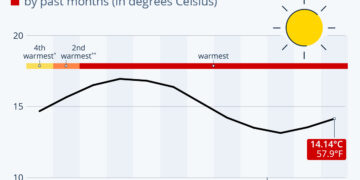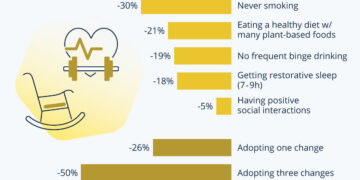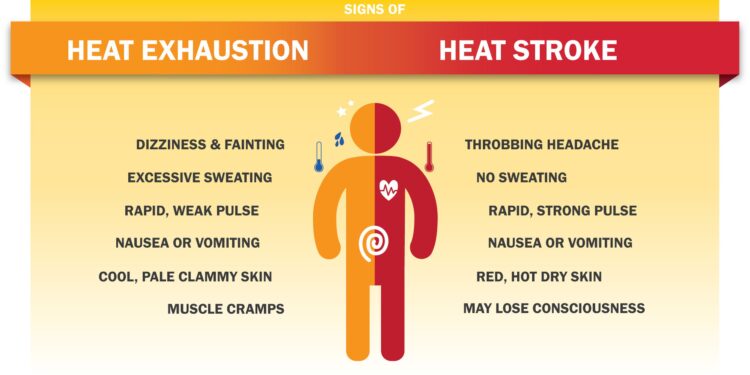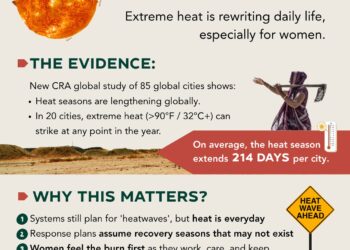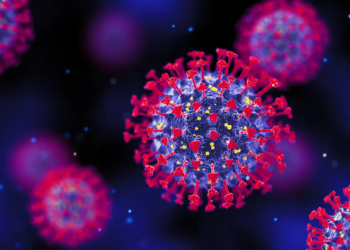Do You Know that increase in day and night time temperature can make people to experience a kind of discomfort known as ‘HEAT STRESS’.
Heat Stress is the inability of the body to naturally cool itself by maintaining a healthy temperature, usually caused by a disruption in the normal high temperature during the day and low temperature at night.
Recently, most parts of the country have been experiencing high temperatures both during the day and at night, thereby causing bodily discomfort and heat related stress.
To reduce the effect of Heat Stress, please follow these simple advisories.
1. Stay hydrated: Drink plenty of water throughout the day, even if you don’t feel thirsty. Avoid alcohol and caffeine, as they can lead to dehydration.
2. Dress appropriately: Wear lightweight, light-colored, loose-fitting clothing to help your body stay cool.
3. Limit outdoor activities: If possible, schedule outdoor activities during the cooler parts of the day, such as early morning or evening.
4. Stay in shaded or air-conditioned areas: If you don’t have air conditioning at home, spend time in public places like libraries, shopping malls, or community centers that are air-conditioned.
5. Take breaks: If you’re working or exercising outdoors, take frequent breaks in the shade or indoors to cool down.
6. Know the signs of heat-related illness: Symptoms include dizziness, nausea, headache, rapid heartbeat, and confusion. If you or someone else experiences these symptoms, seek medical attention immediately.
7. Check on vulnerable individuals: Keep an eye on children, elderly individuals, and those with chronic health conditions, as they are more susceptible to heat-related illness.
8. Never leave children or pets in parked vehicles: Even with the windows cracked, temperatures inside a car can reach dangerous levels very quickly.



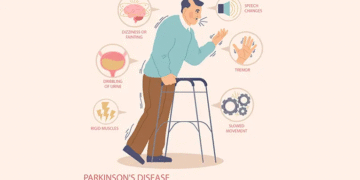


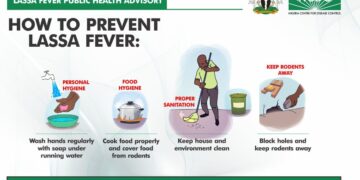




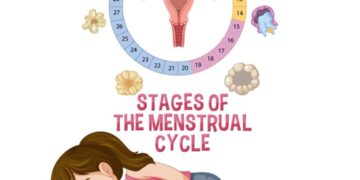

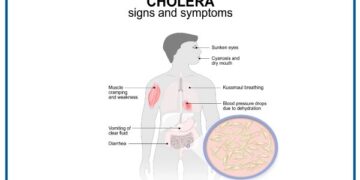
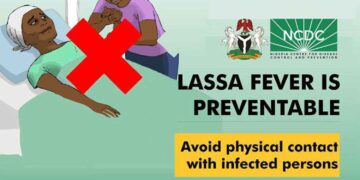




![Antimicrobial Resistance [AMR] in Hausa](https://healthtoday.com.ng/wp-content/uploads/2024/02/antimicrobial-resistance-AMR--360x180.jpeg)





